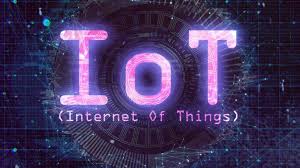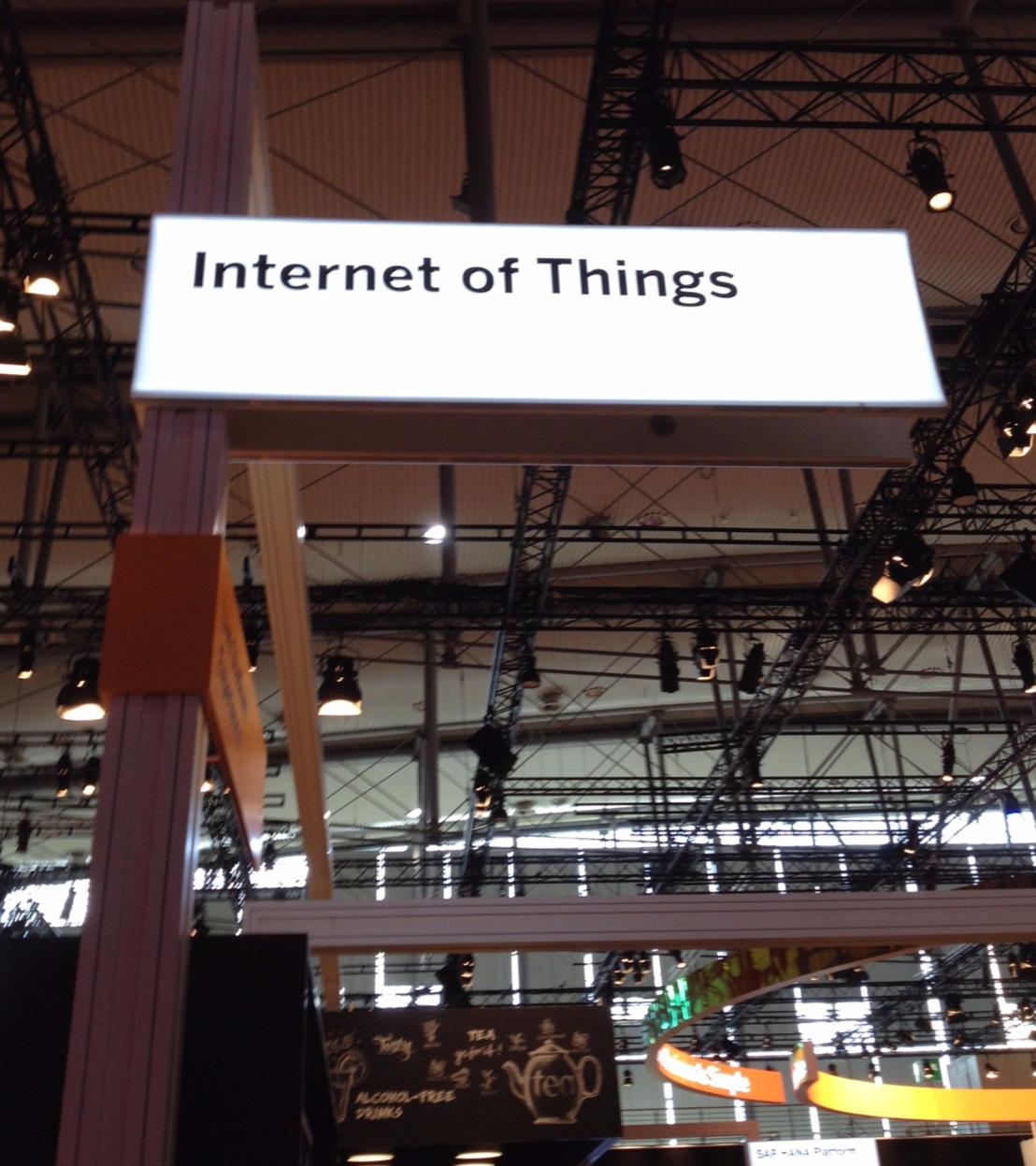Source: indiatoday.in
Over the next five years, we estimate that the global workforce can absorb around 149 million new technology-oriented jobs. Software development accounts for the largest single share of this forecast. It took us only 40 years to progress from 1G to 5G, and, by 2030, the world will be embracing 6G which would bring in more advanced connected solutions to the already interconnected world! Most of the newest technological developments rely on the Internet, and, the Internet of Things is an integral part of technology innovations.
Also, with the covid 19 pandemic making global business shutdown, supply chain disruptions, work from home, social distancing and remoting working a new normal, we are registering a huge surge in the number of connected technologies deployments, especially in the enterprise and automotive sector, where the internet of things market is projected to grow to 5.8 billion endpoints in 2020, a 21% increase from 2019, as predicted by one of the leading analyst firms.
Skill requirements in IoT:
A career in IoT is quite promising for those who have innovative thinking and creative abilities and are looking for an exciting work environment, professional development, and higher compensations that IT professionals. Though, is a perfect domain for scholars interested in contributing to technological advancement, however, it must be warned that it’s not easy to become a ‘deep’ IoT technologist as learning one platform or skillset isn’t enough.
- One need’s have the natural curiosity about the world and the problems where technology can provide a solution.
- The team working on IoT projects comprises of a mix of engineers, website developers, programmers, UI/UX designers, etc.
- Therefore, IoT developers need to develop soft skills, such as, good communication and interpersonal skills for closely working with all of them to help translate connectivity and other data-related goals.
- The ability to learn and apply the concepts by building multidisciplinary skillsets is the key to a successful career in IoT.
- Keeping abreast of all technological changes and trends is a given. New research titled “Top Strategic IoT Trends and technologies through 2023” states the 10 most impactful IoT Trends which include, Artificial Intelligence, Infonomics and data broking.
Shift from intelligent edge to intelligent mesh, IoT governance, Sensor Innovation, Social, legal and ethical IoT, Trusted hardware and OS, latest IoT User experience, Innovation on the chip and new IoT wireless networking technologies.
IoT developers need to develop a inside out knowledge of programming to understand how the data can be collected, sent and stored at the server. Knowing software languages as JavaScript and Python as well as server-side languages such as PHP, ASP.NET, or Node.js. is a must.
- Unlike other developers, those who work in the IoT space must have a deep understanding of sensors and wireless communication. A background in computer science for IoT information analytics, mobile apps, and UI development does help. For IoT device manufacturing, competencies in electrical, electronics and instrumentation engineering would be essential.
- Beyond computing, IoT will take you into the world of mechanical and civil engineering as sensors gather physics data.
- Knowledge of data science and big data management comes as an added advantage. Another important aspect is security. Lack of data security is the greatest threat the Internet of Things applications in all domains and some of the highest paying jobs are of security professionala
Career opportunities in the Internet of Things
HERE IS THE LIST OF IOT CAREER DOMAINS STUDENTS AN CHOOSE FROM
- Data Scientists
- Network professionals
- Embedded Programs Engineer starting from pcb design & manufacture, firmware engineer, thing engineering, complete product lifestyles cycle management, mechanical engineers, sign conditioning, digital sign processing, internet gateway interfacing and so on. Each discipline has a totally wide range of troubles to resolve for IoT.
- Security experts for risk identity, vulnerability evaluation, public key encryption security and wireless community security
- Device and Hardware experts, especially in Sensors and Actuators are required in the R&D facilities of sensor manufacturing groups
- Software Program Engineering with expertise in backend technologies, records scientist, facts analytics, socket programming, fronted and reporting tools, database administrator and many others


